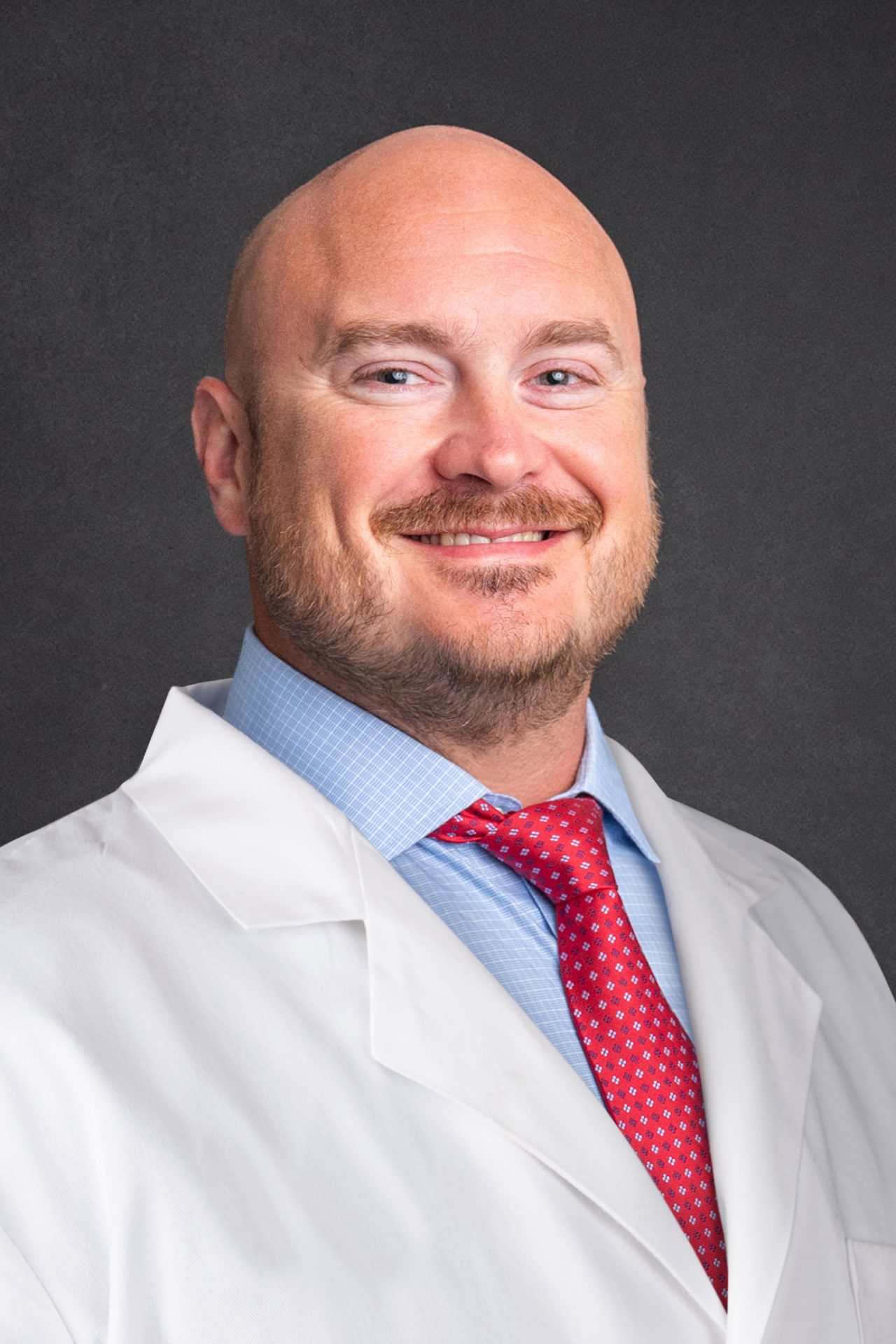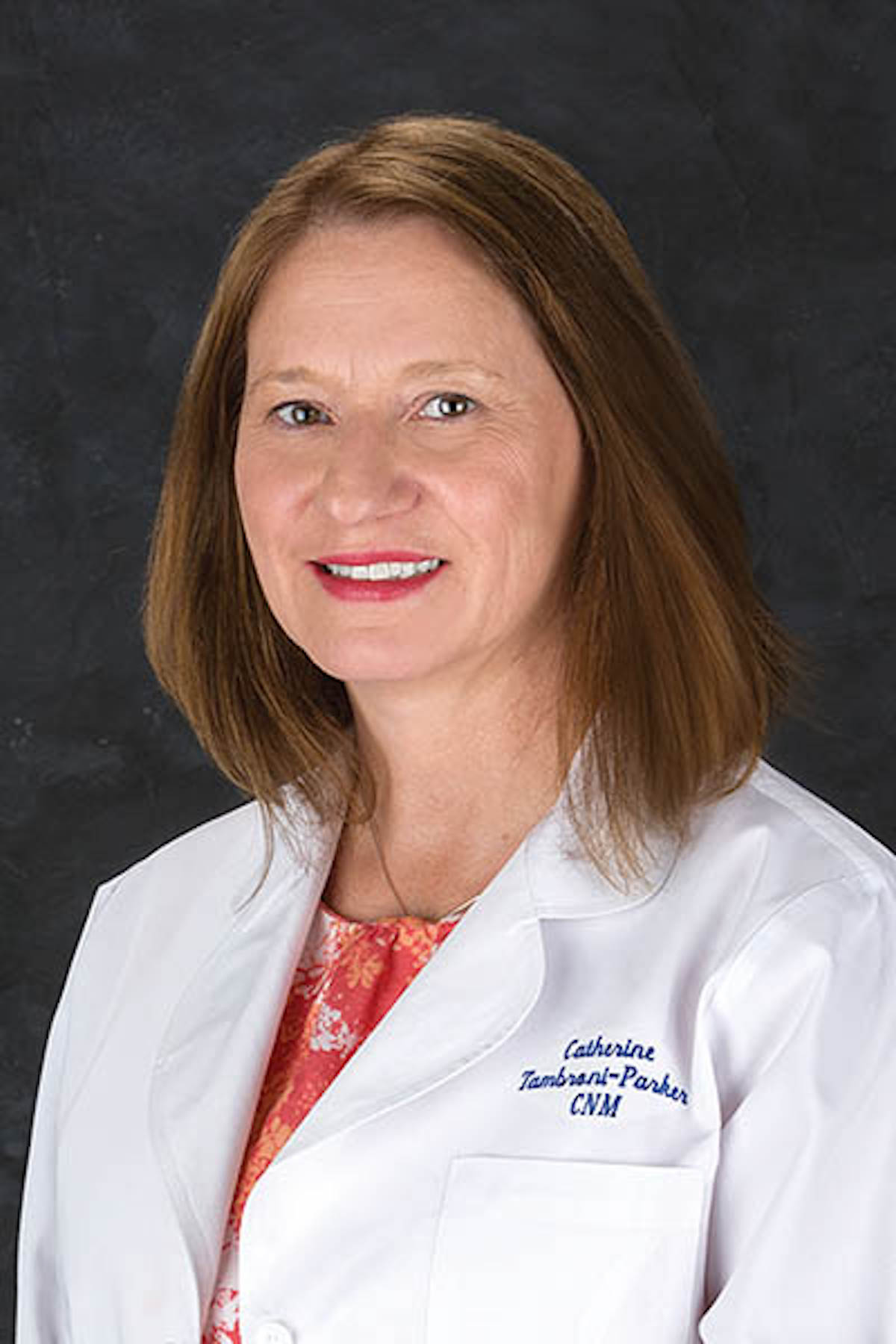By Dr. Michael Staley
It’s not something most men think about unless they have a problem. The prostate — a walnut-sized gland that’s part of the male reproductive system — generally lays low until about the time men hit their forties.
At that point, the prostate begins to grow, often causing problems with urination. While they are often dismissed as natural consequences of aging, such symptoms can have serious effects on quality of life.
In addition, prostate cancer is the second leading cause of cancer deaths in men. One man is six will get prostate cancer during his lifetime. But if it’s detected early, then it is likely a treatable disease with multiple options for treatment.
September is Prostate Cancer Awareness Month and a great time to talk with your doctor about what you can do to maintain your prostate health. Below are some questions to help get the conversation started.
Q. Is it necessary to get an annual PSA test?
A. Yes. Although the U.S. Preventative Services Task Force decided last year not to recommend regular prostate-specific antigen screenings, most urologists still feel it’s important for patients ages 55 to 69. At the least, talk to your doctor about the pros and cons of the test and see if it’s right for you.
Q. What does a PSA test entail?
A. The PSA screening is a simple, inexpensive blood test that measures the blood level of PSA, a protein that is produced by the prostate gland. If the levels are too high, it signals that further investigation is in order.
Q. Is it true that prostate cancer is frequently slow-growing?
A. Yes, often it is. But once it spreads beyond the prostate to distant lymph nodes, bones or other organs, the five-year survival rate plummets to 29 percent.
Q. Is surgery a better alternative than “watchful waiting” for treating prostate cancer?
A. Closely monitoring a patient’s condition can be appropriate in some cases. But prostate surgery, also known as a prostatectomy, has been shown to offer the best long-term results. Depending on the type of cancer and your overall health and preferences, your doctor may recommend other options, including radiation or cryotherapy.
Q. What are the advantages of a robot-assisted prostatectomy?
A. Because the minimally invasive procedure can be performed through several small incisions in the abdomen, there is significantly post-operative pain and quicker recovery. There’s also significantly less blood loss. Patients are discharged from the hospital just one day after surgery and will need a catheter for one week. In comparison, open surgery involves a two- to three-day hospital stay and two to three weeks with a catheter.
Board-certified urologist Dr. Michael Staley is a member of Beaufort Memorial Hospital’s medical staff. A graduate of the Medical University of South Carolina and a fellow of the American College of Surgeons, he is the only physician currently performing robot-assisted laparoscopic prostate cancer surgery in Beaufort County. Staley sees patients at both Coastal Carolina Urology Group in Beaufort and at Beaufort Memorial Bluffton Medical Services in Westbury Park. To reach Dr. Staley, call (843) 524-7607.
Screenings will be held Thursday, Sept. 19 from 5:30 to 7:30 PM at Beaufort Memorial Keyserling Cancer Center, 1680 Ribaut Road in Port Royal. Appointments are required. Call 522-5585 for information and to register.
The screening will involve two separate tests: a PSA (prostate-specific antigen) blood test and a digital rectal examination by one of Beaufort Memorial’s board-certified urologists. Neither of these tests on its own is an indicator of prostate cancer, so the combination is recommended to provide the most accurate diagnosis. Drs. Michael Staley and John Adams of Coastal Carolina Urology Group will be conducting the exams.






